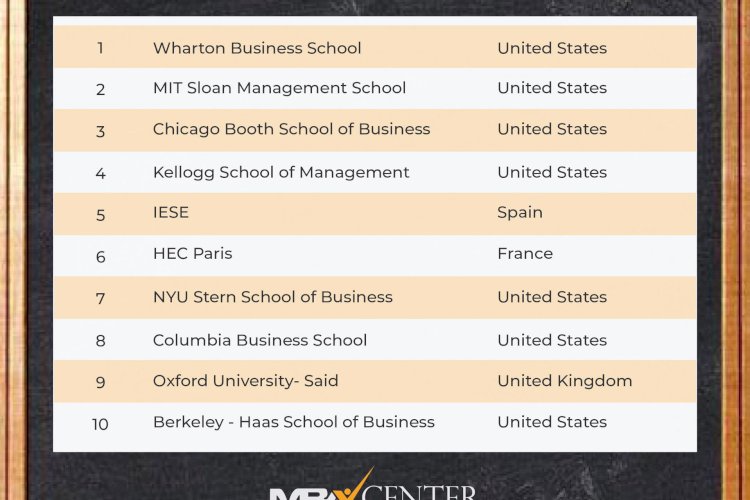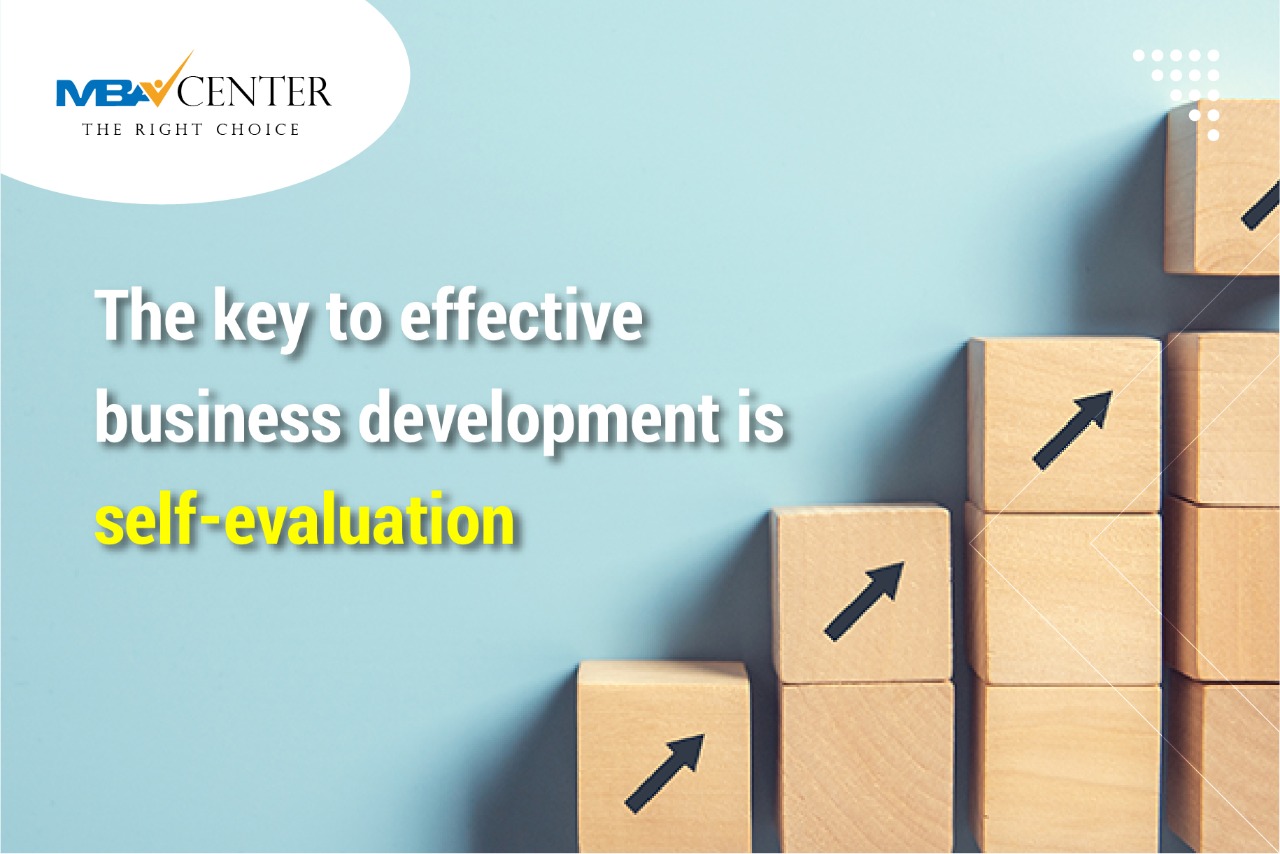
The Executive MBA (EMBA) is for mid-career professionals who wish to improve their top management skills and become more well-rounded senior leaders and executives. An Executive MBA program can help business leaders enhance or acquire six critical competencies.
Part-time EMBA programs have become increasingly popular in recent years, usually lasting 18 months, and are designed for working professionals who can contribute many years of expertise to the classroom. There are numerous advantages to earning an EMBA. The list below is not exhaustive, but it will help those considering doing one understand some important benefits. These are not in any order, but they can be viewed as a whole and are as follows:
Execution And Strategic Thinking
A corporation can have the best plan globally, but unless its management puts it into action, it's just a story. That is why leaders must have strategic foresight—the capacity to think strategically and execute.
EMBA programs address the need to close the (sometimes large) gap between strategy formulation and real-world implementation by assisting professionals in identifying hidden traps, setting narrowly focused priorities, allocating resources, combating organizational inertia, etc.
Leadership Roles
For executives, the capacity to lead others is crucial. A significant portion of the coursework in an EMBA is devoted to assisting students in becoming stronger leaders. Individual leadership training, coaching, and 360-degree feedback are all examples of teaching methodologies.
One of the most beneficial aspects of an EMBA is that it allows participants to apply what they learn in class to their careers instantly. Because an EMBA class is often made up of professionals from various backgrounds, a single topic is evaluated through multiple lenses and viewpoints.
Participants leave with a better understanding of their abilities and where they should focus their efforts. Only then will they be able to expand their influence and discover their distinctive leadership style.
Immediate Application of What You've Learned
Students who pursue an EMBA can instantly apply what they learn in class at work. Assessments are practical, and some may be particular to the student's workplace. As a result, the completed work can be displayed at work and, in some instances, even implemented.
Soft Skills
The emphasis of the courses in the most effective EMBA is on developing students' soft skills (and hard skills). These skills include the capacity to talk clearly and confidently to an audience. Furthermore, developing empathy and fine-tuning listening skills. As part of Microsoft's cultural transformation, Satya Nadella, CEO, underlined the necessity of developing empathy in his book "Hit Refresh."
Expertise in technology
Executives who can lead revolutionary change are in high demand. Because technology will almost certainly play a role in this change, leaders must be aware of how it will affect their organization and the industry as a whole.
Consider the banking industry: senior executives do not need to be data scientists, but they must keep their eyes open as the business landscape changes swiftly and significantly. Several business schools are incorporating coding and data analysis courses into their curricula to help bridge the gap between business and technology abilities to address these trends.
Also read: Business school students preparing to enter the job market
Professional Development Opportunities
An EMBA allows students to devote a significant amount of time to their professional development. Although participants are expected to take considerably shorter Executive Development courses later in their careers, this opportunity to learn over 18 months is unlikely to be replicated. It's for this reason that it's frequently grasped with both hands!
 MBA Center Global
MBA Center Global 
























